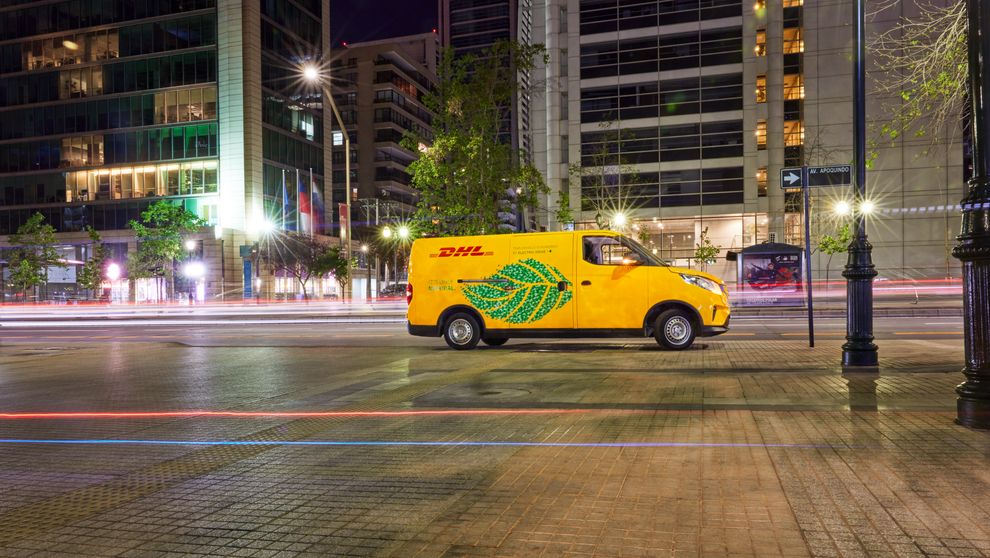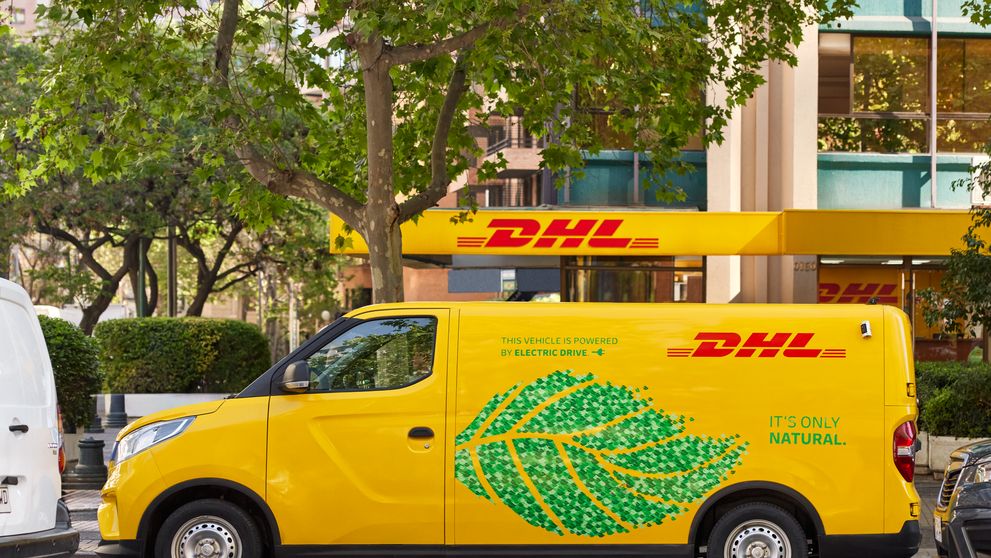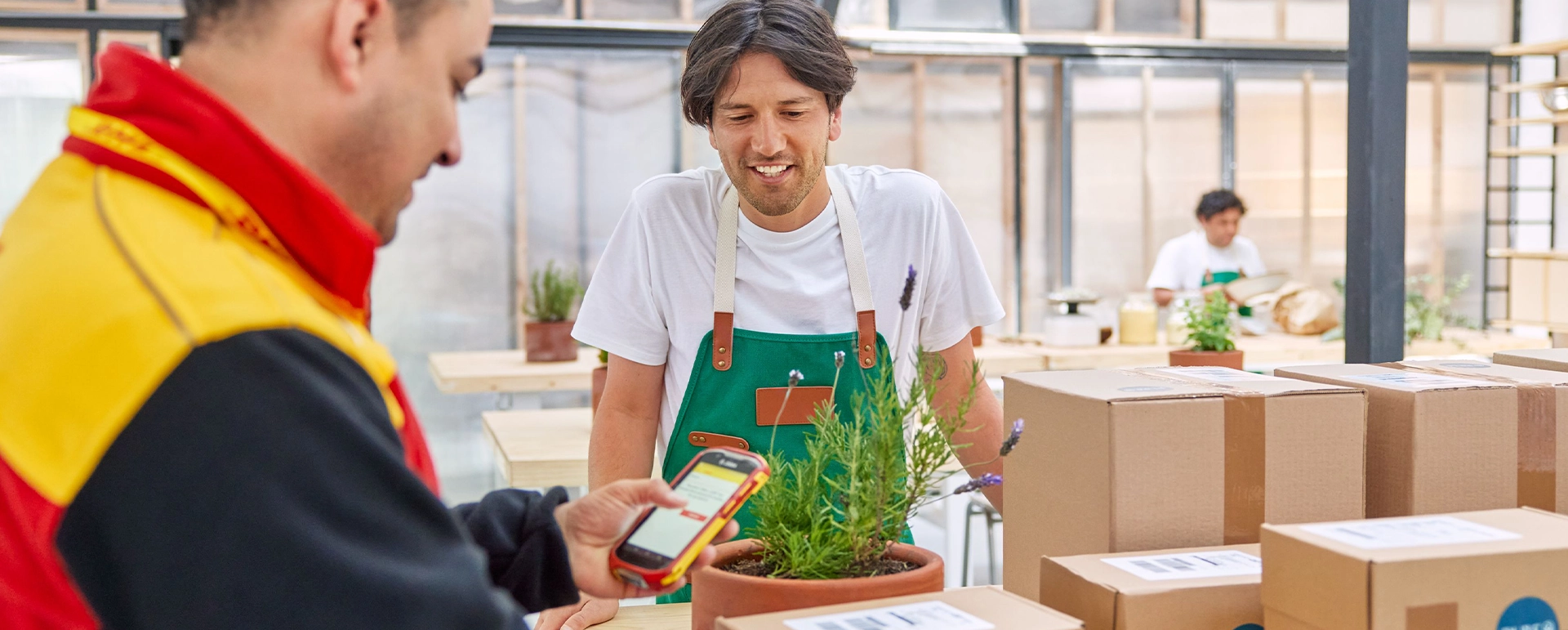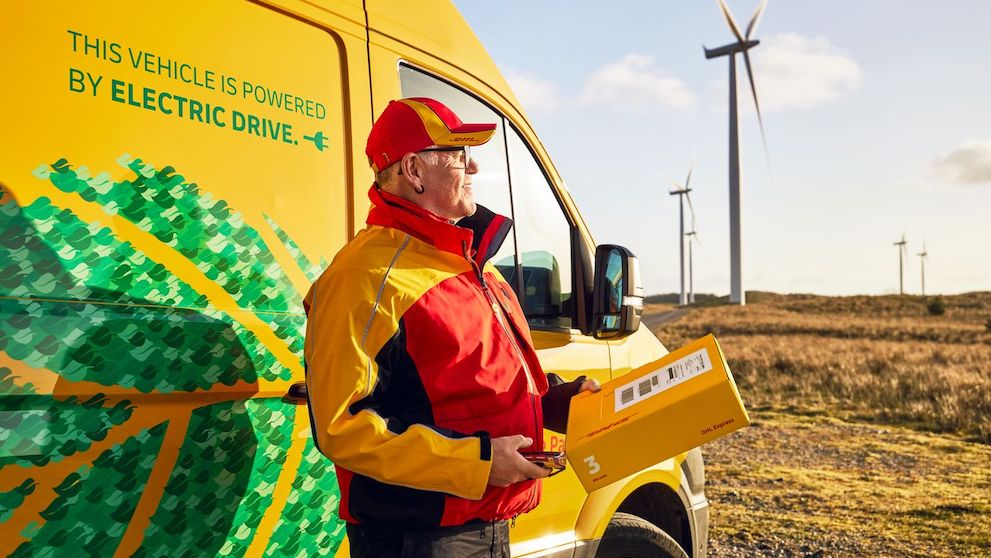
Why Choosing SAF is Imperative for Aviation Sustainability Today: How can Businesses Acquire and Utilize it effectively?
Sustainable Aviation Fuel (SAF) is considered the optimal solution currently available for mitigating greenhouse gas (GHG) emissions in the aviation sector. Biofuels are made from sustainable and renewable resources (feedstock) such as used cooking oil, animal fats, and agricultural waste. SAF is one of the more promising energy resources for airline decarbonization due to their feasibility and environmental impact. They can reduce emissions by up to 80% compared to traditional jet fuel, making them a key tool in the fight against climate change. 1 The International Air Transport Association (IATA) estimates that SAF could contribute around 65% of the reduction in GHG emissions needed by aviation to reach net zero in 2050. 2
SAF offers several benefits over traditional jet fuel, including significantly reducing GHG emissions, lower particulate matter emissions, and improved air quality. SAF must be blended with traditional fossil fuel based jet fuels. This allows for the use of SAF as a ‘drop-in’ fuel, blending with kerosene in aircraft without any modifications. Current blending rates are capped at 50%. SAF releases the carbon that was absorbed by the feedstock during its lifecycle, meaning they are almost carbon-neutral.
Today, the aviation industry is a major producer of GHG emissions. More needs to be done to significantly lower GHG emissions by 2050. The push for SAF is to immediately address this crucial gap and propel the aviation industry toward a more sustainable future. However, the limited SAF supply poses a substantial impediment to its widespread adoption. Here’s how businesses can purchase and harness SAF effectively.
How can businesses access sustainable aviation fuels?
Similar to how consumers cannot control the source of renewable energy that is piped into their homes, people who purchase airline seats or air cargo services have no control over the fuel pumped into the aircraft. That is where the SAFc (SAF Certificate) comes in. SAFc are modeled after energy attribute certificates (EACs), which helped to enable the power of markets to drive change and accelerate demand for renewable energy. Corporations and individuals can purchase sustainable aviation fuel certificates to achieve their climate goals.
This is all done through a ‘Book and Claim’ accounting system that tracks and transfers the emission reductions from sustainable fuels across the value chain. The buyer ‘books’ a specific quantity of sustainable fuel at the time of purchase and then ‘claims’ the emissions reduction toward their sustainability targets. The buyer will receive that independently verified certificate when they purchase sustainable fuels through the book and claim system. Thus, even though their package might not have been shipped in a plane powered by sustainable fuel, somewhere in the world, someone else’s shipment did. Their purchase has replaced fossil-based fuel and reduced overall transport emissions – and they will get the credit for that.
As a result, the buyer owns the environmental benefits without physically possessing the fuel. By buying and selling SAFc, companies enjoy the environmental benefits of SAF even though the physical fuel might not end up in the aircraft that carries their goods. The system gives everyone in the industry access to the market regardless of location or size. SAFc delivered through ‘Book and Claim’ also helps minimize both logistical costs and emissions as the fuel does not need to be shipped worldwide. This helps make SAFc the most efficient way to decarbonize aviation.
Collaborating with committed partners to drive demand for sustainable aviation fuel
How can businesses create the demand needed to boost supply? Collaborating with committed partners and offering customers more sustainable solutions is one way, and each partnership is an all-important milestone on the sustainability journey.
The ‘Book and Claim’ approach enhances transparency and accountability of sustainable fuels by ensuring that the emission reductions associated with each credit are accurately transferred and verified by a third party. As a result, companies can purchase SAFc, utilize the associated emission reductions, and extend the environmental attributes to customers through the service, for example, DHL GoGreen Plus. It also gives companies the option to reduce the carbon emissions associated with their shipments by using SAF and actively reducing Scope 3 emissions through the steps below:
1) The company decides how much they would like to reduce their GHG emissions and how much to invest in SAF
2) DHL Express will use the contribution to invest in SAF and an independent auditor will annually verify the emission reduction value of the purchased SAF, as well as verify that all their investment has been exclusively used for SAF
3) The company will receive a certificate with the GHG emission reduction value, which can be used to reduce their Scope 3 footprint
4) Customers will receive a complimentary carbon footprint report
In early 2022, DHL announced two of the largest SAF deals: a collaboration with bp and Neste to buy more than 800 million liters through 2026. In 2023, DHL Express and World Energy also signed a seven-year agreement, to run through 2030, to speed up aviation decarbonization through the purchase of approximately 668 million liters of SAF via SAFc. DHL is also working with Neste and ISCC to develop a new system, which enables airlines, logistics providers, and end customers to credibly report their emissions reductions whenever they purchase SAF.
Herbert Vongpusanachai, Managing Director, Thailand & Head of Indochina, DHL Express, said,“DHL Express is committed to becoming a leader in sustainable aviation. We are now the sole express service provider offering SAF for cross-border express delivery services. We can help customers minimize the GHG emissions footprint of transported goods and contribute to a more sustainable future by partnering with leading SAF producers and low-carbon solutions providers. We plan to increase our use of SAF to more than 30% by 2030. By 2050, we aim to reduce all logistics-related emissions to net zero and we are making substantial progress towards this target. If others do the same, sustainable aviation fuel supply should increase rapidly. We therefore aim to inspire our customers to accelerate industry-wide production and adoption of SAF.”























